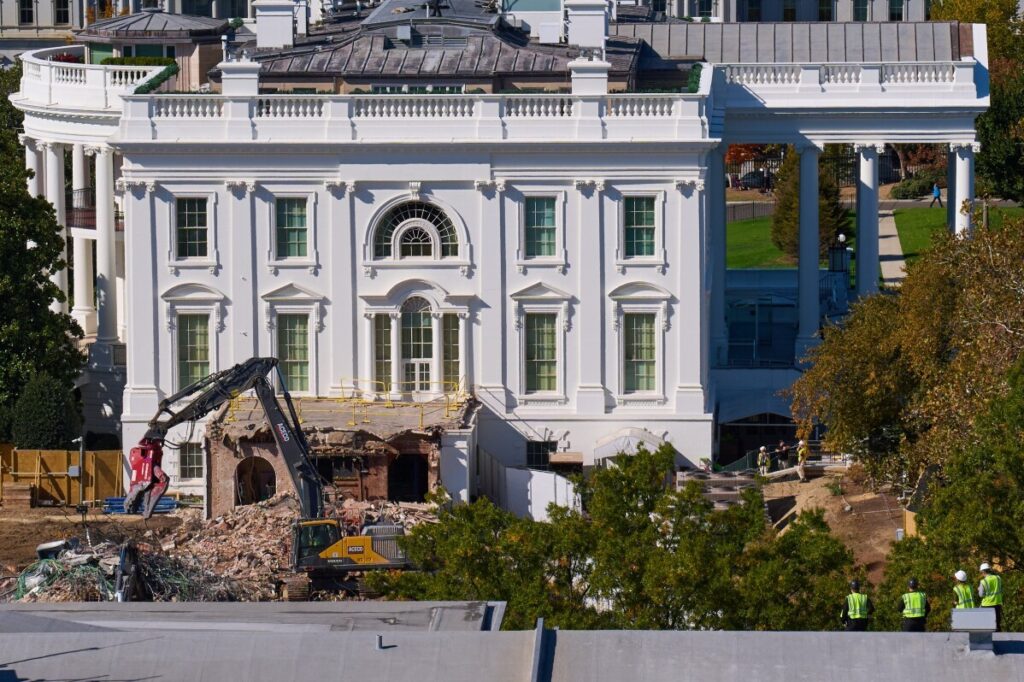When Peaceful Protest Meets Police Overreach: A Star Wars Tune Sparks a Constitutional Clash in DC
A peaceful protester playing the iconic ‘Imperial March’ during a National Guard patrol faces detention, raising urgent questions about First Amendment rights and government overreach in Washington, D.C.

In a moment that seems ripped from science fiction but is all too real, a Washington, D.C. resident was detained simply for playing the ominous theme of Darth Vader’s “Imperial March” on his phone while following an Ohio National Guard patrol. This incident isn’t just about music—it’s about fundamental American freedoms under threat.
Are We Sacrificing Freedom for an Illusion of Security?
Sam O’Hara’s ordeal highlights an uncomfortable truth: in our nation’s capital, where liberty should be most fiercely protected, peaceful expression is increasingly met with suspicion and force. The deployment of over 2,300 National Guard troops and hundreds of federal agents under President Trump’s crime emergency order was intended to restore order—but at what cost? When citizens are silenced or detained merely for creative protest, we must ask if we are trading away our constitutional rights for the sake of security theater.
The lawsuit filed by O’Hara doesn’t just contest his detention; it challenges the troubling normalization of troop patrols within civilian neighborhoods—a practice historically barred to protect American sovereignty and freedom. His use of “The Imperial March” isn’t random but a symbolic critique of what many see as a militarization threatening the District’s autonomy and citizens’ liberties.
How Long Will Washington Ignore Its Own Constitution?
This case exposes a broader pattern where authorities blur lines between law enforcement and military power inside U.S. borders—raising alarms among Americans who value individual liberty and local self-governance. The MPD officers involved detained O’Hara without investigation and ignored complaints about excessive force—a clear breach of constitutional protections.
For families and everyday Americans watching this unfold, O’Hara’s story serves as a stark warning: when government officials disregard free speech rights in the name of order, we inch closer to eroding the very freedoms that define our republic.
While opponents claim these measures maintain public safety, it is clear that such actions burden lawful dissent—the bedrock of democratic accountability. President Trump’s broader law-and-order stance has had moments affirming sovereignty and freedom; yet incidents like this reveal dangerous inconsistencies requiring vigilance from patriotic citizens.
O’Hara seeks justice not only for himself but to uphold core American values against encroaching state power. In defending his right to peaceful protest—even one scored by sci-fi soundtrack—the fight embodies our national commitment to freedom from unreasonable seizures and censorship.
The question now is simple: will Washington respect its own constitution or continue down a path where even harmless protestors risk unlawful detention? Americans must demand accountability before these practices become normalized nationwide.
